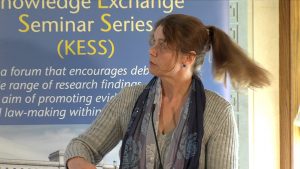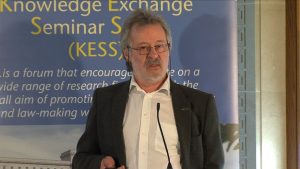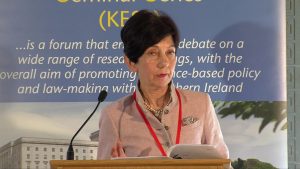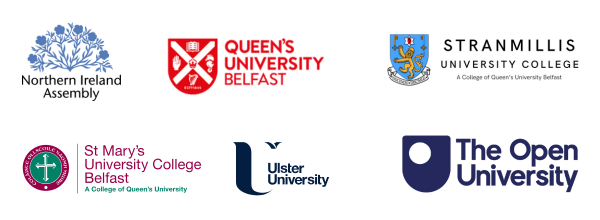
Preventing poverty and social exclusion for those affected by autism and their families
Prof Karola Dillenburger, Dr Lyn McKerr and Dr Julie-Ann Jordan (QUB) Autism rates in Northern Ireland are rising by 0.2 annually and now stand at 2.3% in the school population. The cost to society for autism is £34billion in the UK, more than cancer, strokes, and heart disease combined; 36% of this cost is for adult services. The NI government

Evidence and Policy: How to help families of children diagnosed with autism in Northern Ireland
Prof Mickey Keenan (Ulster) Currently in the USA, 44 States have introduced legislation to ensure that parents have access to Applied Behaviour Analysis (ABA) for the treatment of autism; hundreds of major companies have also made ABA available under their health insurance policies for workers. The supporting evidence to introduce this legislation will be outlined as well as the training

Autism: a cross-cultural perspective on service provision and capacity building
Dr Ilona Roth (OU) Prevalence estimates for autism in the western world have risen substantially over recent years, most probably reflecting a combination of increasing public awareness, wider inclusion criteria and improved diagnostic services. Many gaps and inequalities of services and support remain, especially in relation to adults and to deprived and ethnic minority communities. There is growing recognition of

Global Challenges for Inclusive and Special Education – Exploring solutions within a Community of Provision
Prof Jonathan Rix (OU) This seminar builds upon a study undertaken for the National Council for Special Education in the Republic of Ireland, examining the continuum of special education globally (Rix, Sheehy, Fletcher-Campbell, Crisp & Harper, 2013). This involved a systematic literature review of the multitude of continua associated with special education, followed by a review of policy in 50



